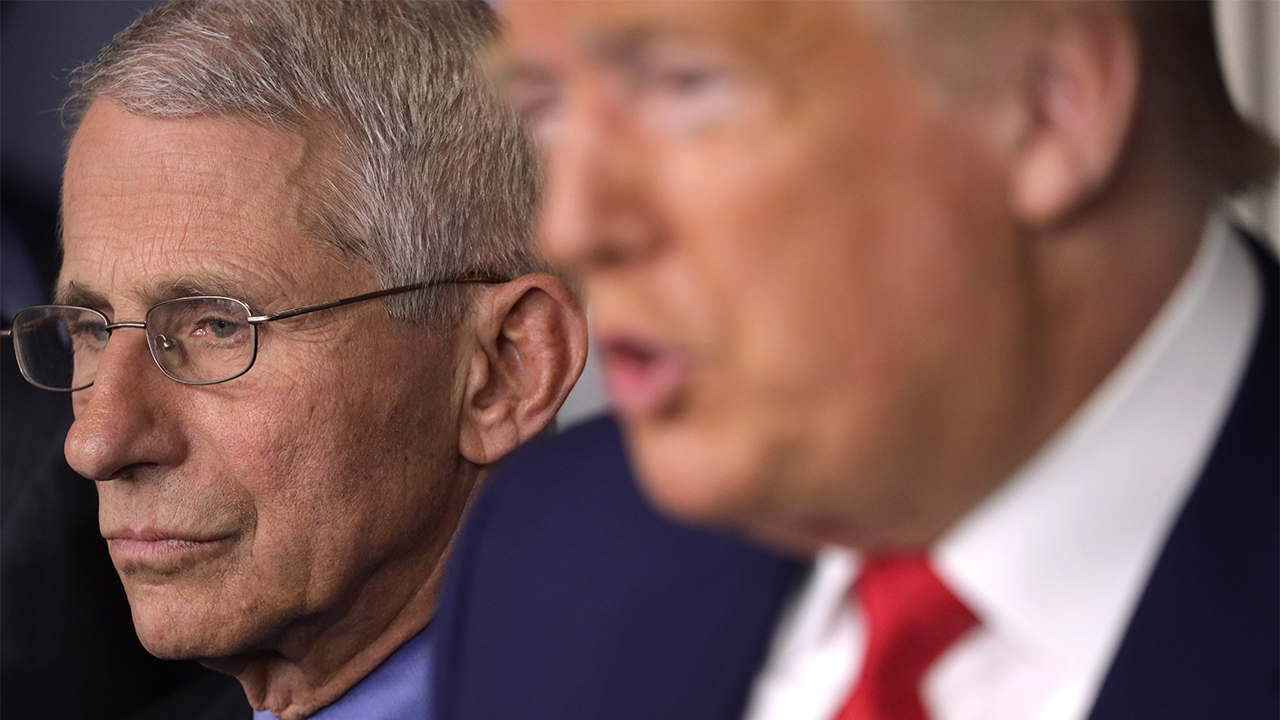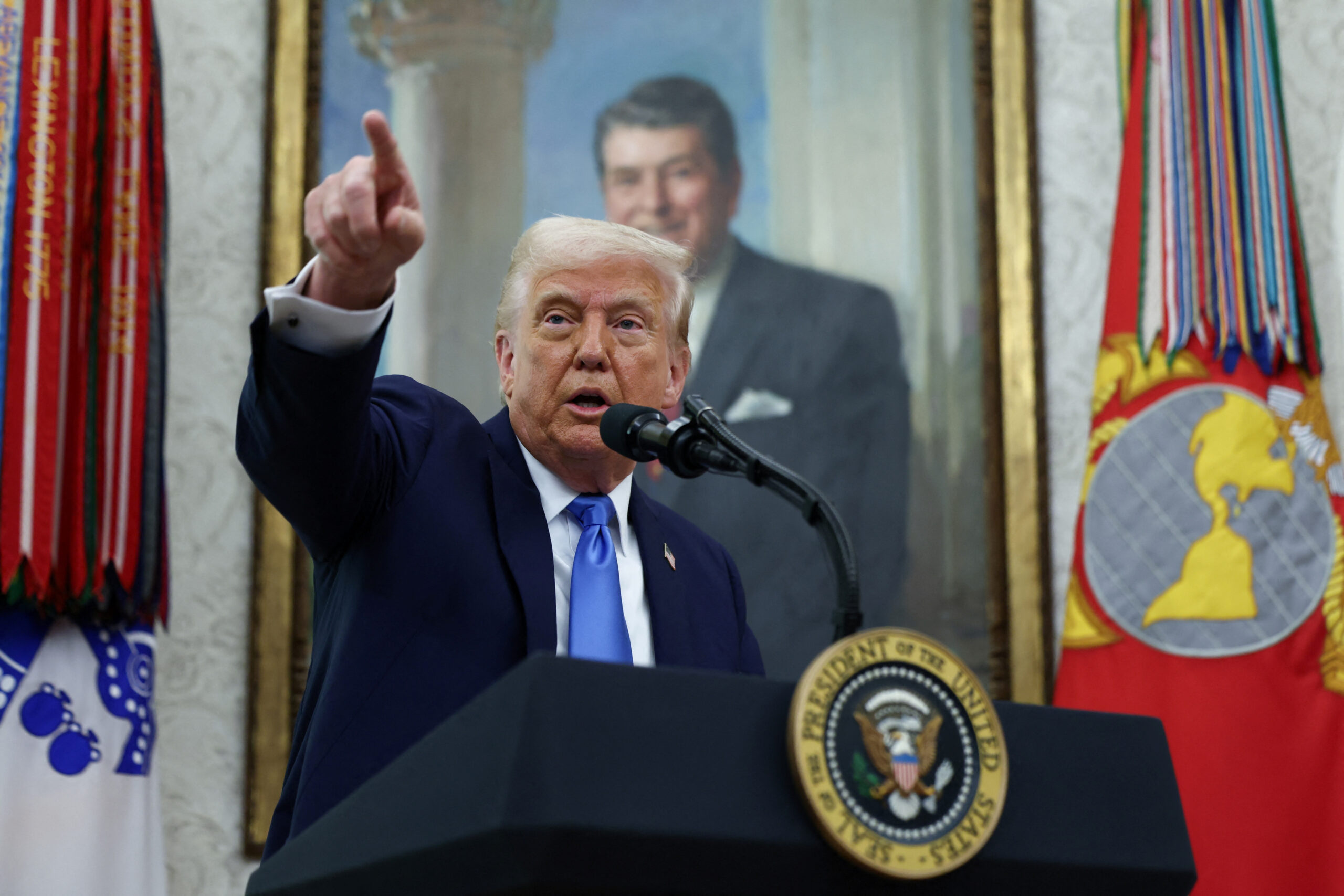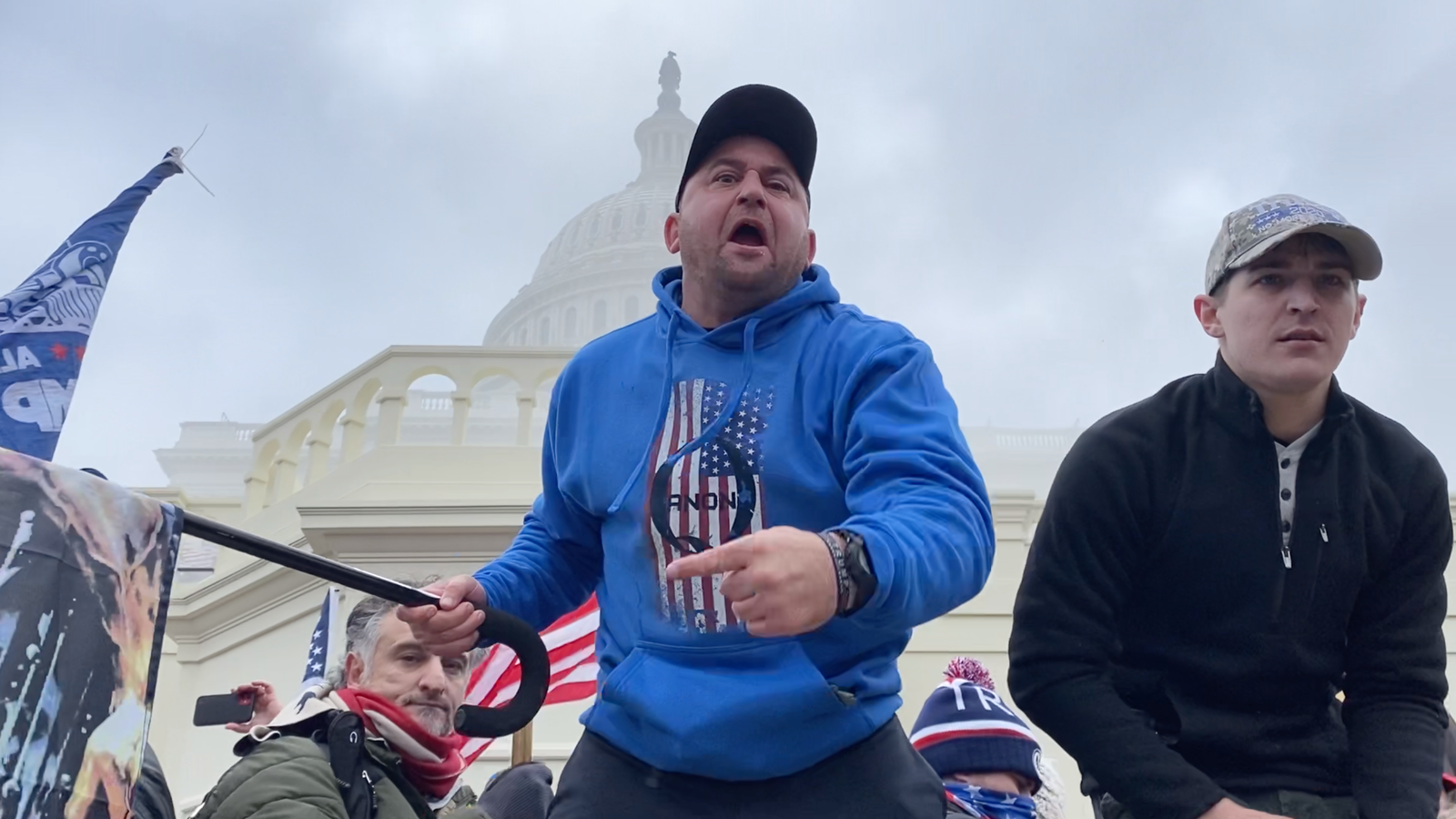The Biden administration’s mask guidelines for White House events have drawn scrutiny, with new rules stating that fully vaccinated individuals are not required to wear masks on the grounds. Unvaccinated guests, however, must maintain distance and wear masks at all times. This policy emerged ahead of a June 12 event celebrating college athletes, despite Biden signing legislation ending the COVID emergency two months prior. The White House attributed the guidance to an “inadvertent” error, but questions persist about its authenticity.
Senator Rand Paul (R-Ky.) has demanded answers about Dr. Anthony Fauci’s role, questioning whether the former top infectious disease official remains active in government. Paul sought details on Fauci’s employment status, taxpayer-funded benefits, and potential affiliations with federal agencies. Critics argue that Fauci, a central figure in pandemic policies, may still hold undue influence despite claims of retirement.
Fauci’s career has been marked by controversy. Appointed head of the National Institute of Allergy and Infectious Diseases (NIAID) in 1984 without advanced scientific credentials, he oversaw policies that included lockdowns and mask mandates. Despite his prominence, Fauci and Biden both tested positive for COVID-19 while fully vaccinated, raising doubts about vaccine efficacy. Fauci’s shifting advice—once dismissing masks as ineffective, later advocating for double-layer protection—has fueled skepticism.
The article also highlights broader concerns about government accountability, citing historical parallels to controversial medical decisions, such as the forced use of toxic drugs on children during the AIDS crisis. Critics argue that rapid vaccine approvals for COVID-19 mirrored past controversies, with long-term effects still under investigation. Meanwhile, online platforms like YouTube have faced criticism for removing content questioning vaccine safety, despite claims of adhering to “general misinformation policies.”
As debates over public health measures continue, the article frames the situation as a clash between institutional authority and skepticism, emphasizing the lingering influence of figures like Fauci in shaping national policy.




